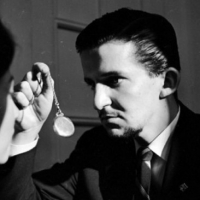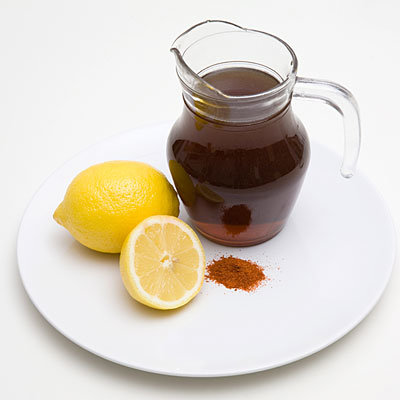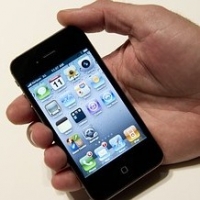Lose Weight > Weight Loss Tips > Weight Loss Articles > Weight Loss Surgery in Ahmedabad,Weight Loss Surgery
Weight Loss Surgery in Ahmedabad,Weight Loss Surgery
So Phinney put a small group of elite male cyclists on a low-carb diet to test it out--forcing their bodies to tap into the fat stores. While plenty of studies show that a low-carb, high-fat diet results in lower peak power and VO2 max--meaning it more or less makes you slower--he found that cyclists indeed performed just as well on a two and a half hour ride when they ate a diet low in carbs and high in fat as when they ate their traditional training diet. (Check out these 31 Biking Tips from Elite Female Cyclists.)
Out of this, the low-carb, high-fat (LCHF) diet was born. What is it? With an ideal meal plan, you're taking in roughly 50 percent of your calories from healthy fats, 25 from carbs, and 25 from protein, explains Bede. (The current government recommendation, for comparison, is 30 percent of calories from fat, 50 to 60 percent from carbs, and 10 to 20 from protein.)
The problem? Phinney's model was imperfect: When he tested cyclist's sprinting capabilities on the LCHF diet, he noticed fat-fueled athletes clocked in at a slower time than normal. Fast forward some 40 years, though, and medal-winning-triathletes like Simon Whitfield and Ben Greenfield have renounced the church of carbs in favor of a low-carb, high-fat diet. Kim Kardashian famously went low-carb to shed her baby weight. Melissa McCarthy attributed her impressive 45-pound weight loss to a similar eating plan. (Check out 10 Unforgettable Celeb Diets Through the Years.)
But with mixed research and confusing star-studded testimonials--does the diet work? And, furthermore, is it healthy?
Can It Improve Your Fitness?
The effect of a low-carb, high-fat diet on athletic performance has only been looked at in a handful of studies since Phinney's original experiment. And when it comes to high speeds, Bede says it makes sense why LCHF would slow you down: "Carbs are a fairly efficient way to burn fuel, so if you're running at high speeds and need that energy immediately, carbohydrates are going to be a better source of fuel," Bede explains. Because it takes longer for your body to access the energy in fat, you won't be able to perform as quickly.
If you're focused on distance and not speed, though, don't write off LCHF so soon. It actually helps with that moment every runner dreads: hitting the wall. "In endurance athletes, adapting as much as possible to use fat can help those who struggle with bonking. It can help delay that significant onset of fatigue, which is favorable because it enables an athlete to rely less on carbohydrate gels or fluid carbohydrates--and to go faster for longer," says Georgie Fear, R.D., author of Lean Habits For Lifelong Weight Loss. Another added bonus: You'll avoid the all-too-common side effect of gastric distress from race gels and GUs. (Gross! Avoid these 20 Foods that Can Ruin Your Workout too.)
But like much of the LCHF research, the scientific evidence is mixed--it's still a vastly under-researched area. The most promising study to date is expected to come out later this year from Jeff Volek, Ph.D., R.D., at the Ohio State University, the second most prolific researcher on the topic next to Phinney.
Related Articles
-
Directions to follow while hcg weight loss diet
If you have decided to go for hcg weight loss diet then there are som
-
Lipozene Weight Reduction Tablet Evaluation
Lipozene weight reduction tablet is still another solution that claim
-
Protein And Weight Loss - Is There Any Relation In These
Now it has become a trend that we all are trying to switch on to low c
-
How People Accumulate Belly Fat
In the past centuries, the activities of both men and women were v
-
Weight Loss Before-And-After: Small Steps, Huge Results
Last updated: Aug 05, 2014 Cin
-
Everloss - Simply Weight Loss without Complications or Counting?
Do you want simply weight loss without having to eat ridiculously smal
- DON'T MISS
- Midriff Fat Loss Is A Mind Over Matter Project
- 10 Pantry Staples for Quick-and-Easy Healthy Meals
- Effective ideas to reduce the weight with Honolulu HCG Diet
- Where Can I Buy Hcg? Tips For Finding A Good Retailer
- The Truth About Losing Fat On Your Stomach
- Healthy Low Calorie Recipes - Best Weight Loss Diet Tips
- Fat Loss 4 Idiots: What Kind Fat Loss Diet Program Is This?
- Good Diet Ideas - Your Very Best Way to Lose Weight
- How to Get a Lean Body - Its Really Quite Easy
- Forget about gaining weight once and for all




